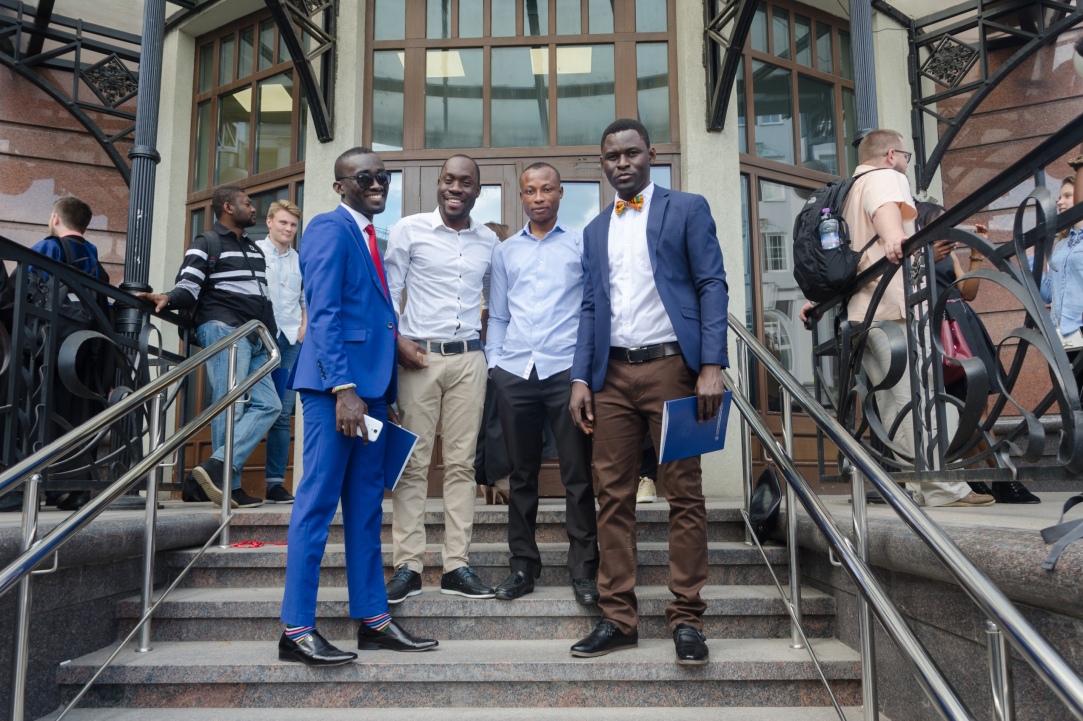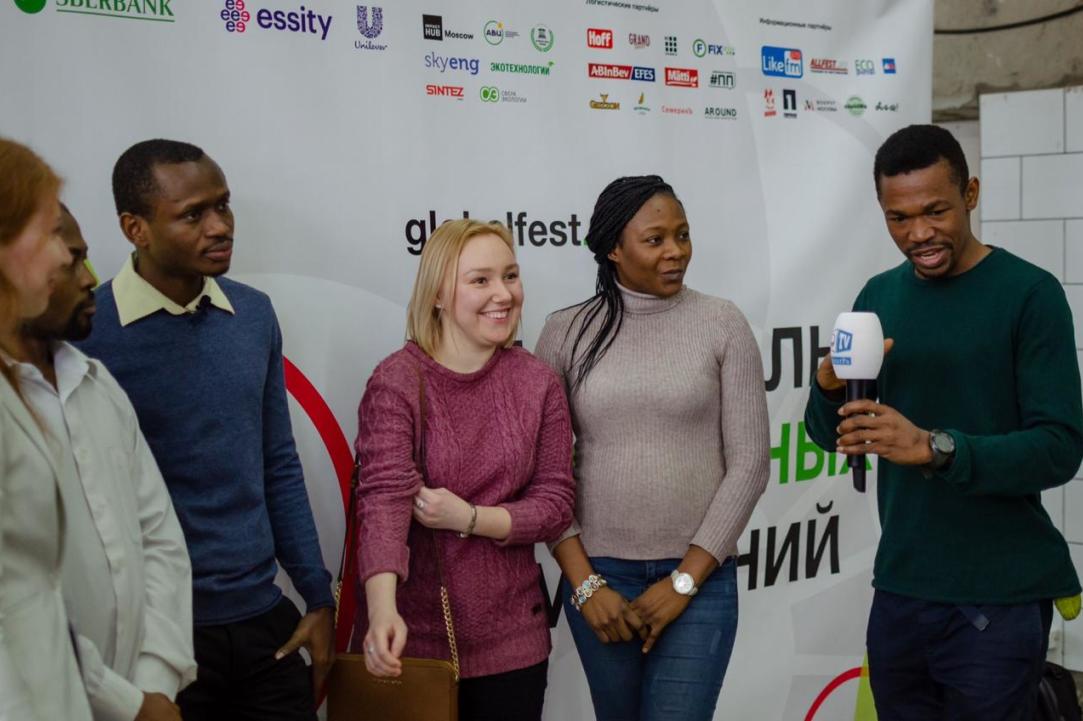Community

“Africans in Russia": Students about the Advantages of Studying, Reasons for Admission and Future Career
Since its creation, the educational program “Population and Development” has enrolled a total of 127 students, coming from 29 different countries and from this number six countries represent the continent of Africa. The African countries are made up of the Republic of Ghana, the Federal Republic of Nigeria, the Republic of Cameroon, the United Republic of Tanzania, the Republic of Kenya, and the Republic of the Sudan. Amongst these countries, Ghana has the highest student population share at 62.5%, and next to Ghana is Nigeria at 32.5% of the entire African student population. We talked to African students who study at “Population and Development” to find out where they learned about the educational program, what they like most about studying process and how the knowledge gained at the HSE can help them in the development of academic career.

Graduation 2022
We are glad to congratulate our graduates with succesful defenses of their master's theses and the culmination of a learning marathon that each student has worked hard to complete. The Department of international Master’s programme wishes them good luck and great succes in their further careers.

Population and Development beyond Classroom
On the 16th of March 2020, some of our first year students met with the Food and Agriculture Organisation (FAO) of the United Nations at the UN House in Moscow. They were taken through the history, operations, achievements and challenges of the FAO. It was an interactive and enlightening session. At about the close of the meeting, they were informed of vacancies for internships at the FAO.
An interview with the representative of Oxfam
In October, Zorica Skakun, from Oxfam GB in Syria, led two workshops on various aspects of violence against women for students of the ‘Population and Development’ Master’s programme. During the workshops, Ms Skakun gave an overview of international frameworks, mandates, and programmes aimed to end violence against women (VAW) and help survivors in various settings, including conflict zones and refugee camps. The students were also offered a group exercise where they brainstormed and presented ideas for pre-project problem analysis and activities to combat VAW in Syria

